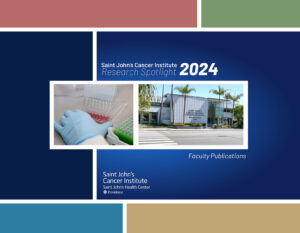MEN2
MEN2 is an inherited endocrine disorder caused by a defect in the RET gene that results in clinically important syndromes of hormone excess that require effective strategies for early diagnosis and optimal surgical management.
Almost all patients develop medullary thyroid cancer, about 50% of patients develop an adrenal pheochromocytoma, and some patients will develop primary hyperparathyroidism, either single or multigland disease or mucousal neuromas and gangliofibromas.
Diagnosis is made through germline genetic testing – different mutational variants (codons) carry age-associated risks of medullary thyroid cancer development and aggressiveness.
Affected patients require lifelong screening and surveillance for associated neuroendocrine tumors as well as surgical intervention when tumors are diagnosed. All patients with medullary thyroid cancer should be evaluated for a RET mutation.
There are three main MEN2 subtypes:
MEN 2A
Multiple codons have been identified with varying ages of onset for medullary thyroid cancer and varying rates of penetrance of hyperparthyroidism and pheochromocytoma.
MEN 2B
Most aggressive and earliest onset medullary thyroid cancer, pheochromocytoma, a marfanoid habitus, and mucousal neuromas.
FMTC (Familial Medullary Thyroid Cancer)
FMTC is the only tumor that patients develop.




